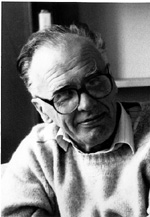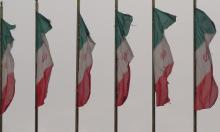Lennart Carleson of Sweden awarded with Abel mathematics prize

The 78-year-old was presented the mathematics prize, which includes a 6 million kroner (nearly US$1 million, Ђ770,000) cash award, by Norway's Queen Sonja at an Oslo ceremony.
Carleson, who works with the Royal Institute of Technology in Stockholm, was selected for solving some of the math world's most difficult problems, the awards committee said.
The Abel Prize was created by the Norwegian government in 2002. It is named after 19th Century Norwegian mathematician Niels Henrik Abel.
Carleson has been especially praised for proving the so-called Fourier series, which forms the basis for harmonic analysis.
The series is named for French mathematician and engineer Jean Baptiste Joseph Fourier, who discovered in 1807 that many phenomena, such as the vibrations of violin strings, can be seen as sums of simple wave patterns called sines and cosines.
Mathematicians worked for more than 150 years to find a mathematical formula to prove his claim that every function equals the sum of its Fourier series, until Carleson succeeded in 1966.
The prize committee said the proof of the result was so difficult that it remained separate from the mainstream of harmonic analysis for nearly three decades. Only in the past decade have mathematicians understood the theory and put it to work.
Carleson will hold his Abel lecture in Oslo on Wednesday.
Last year's prize went to American Peter D. Lax for his contributions to the theory and use of partial differential equations.
Subscribe to Pravda.Ru Telegram channel, Facebook, RSS!




